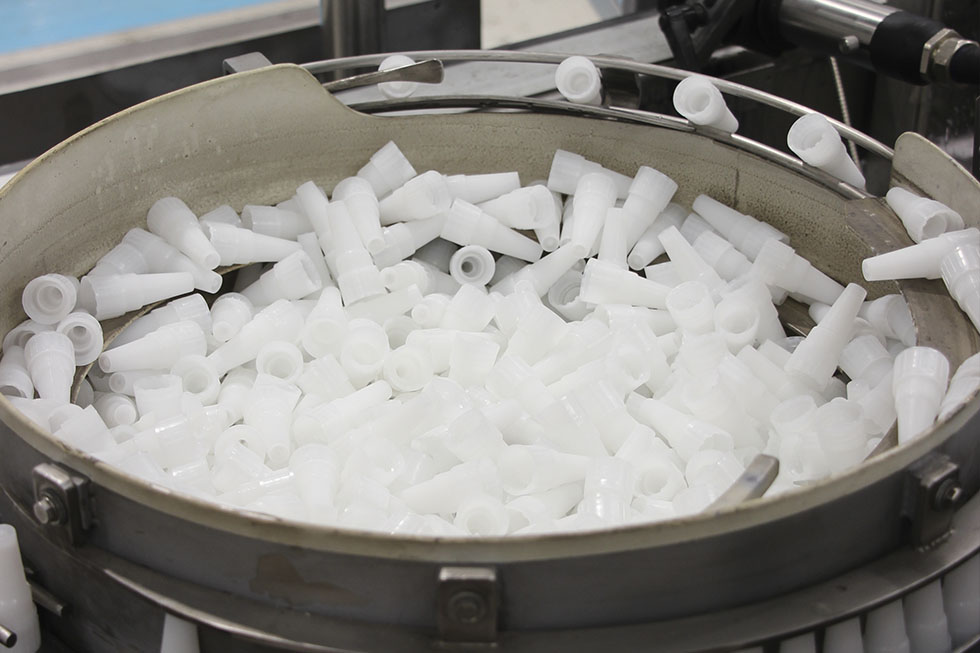Selecting the right industrial sealant is essential to guarantee safety, durability and efficiency in any assembly or repair. Using the wrong product can lead to leaks, adhesion failures or premature deterioration. In this article, we explain how to choose the most suitable sealant and why working with Magmont’s solutions ensures reliable results.
Why choosing the right industrial sealant matters
An industrial sealant acts as a protective barrier, preventing the passage of liquids, gases or vibrations. It also improves the stability of the assembly and extends its lifespan. Choosing a sealant based solely on price or availability is a common mistake—factors such as materials, temperature and chemical exposure are crucial.
Most common types of industrial sealants
Silicone sealants
Highly flexible and resistant to humidity and high temperatures. Ideal for thermal systems and areas exposed to water.
Polyurethane sealants
Excellent adhesion and mechanical resistance. Common in automotive, metal structures and vibrating assemblies.
Hybrid adhesives and sealants
Combine flexibility with strong adhesion on multiple surfaces. Perfect when both sealing and bonding strength are required.
Anaerobic sealants
Designed for metal surfaces and threaded assemblies. Prevent leaks and loosening caused by vibration.
How to choose the right industrial sealant
Material type
Not all sealants work equally on metal, plastic, glass or porous surfaces.
Working conditions
Temperature, UV exposure, humidity and the presence of oils or chemicals directly affect sealant performance.
Application purpose
Pressurized systems require resistant sealants, while aesthetic or light assembly jobs may need more flexible products.
Curing time
In production environments, fast-curing solutions help minimise downtime.
Magmont’s industrial sealants: reliable solutions for every project
Magmont provides a professional range of industrial sealants designed to deliver strong adhesion, chemical resistance and long-term durability. Our technical team advises companies to help them choose the most suitable product for each application, reducing errors and improving efficiency.
Conclusion
Choosing the right industrial sealant is key to achieving safe, durable and reliable results. With the right selection criteria and high-quality products, it is possible to avoid failures and optimise any industrial assembly.

